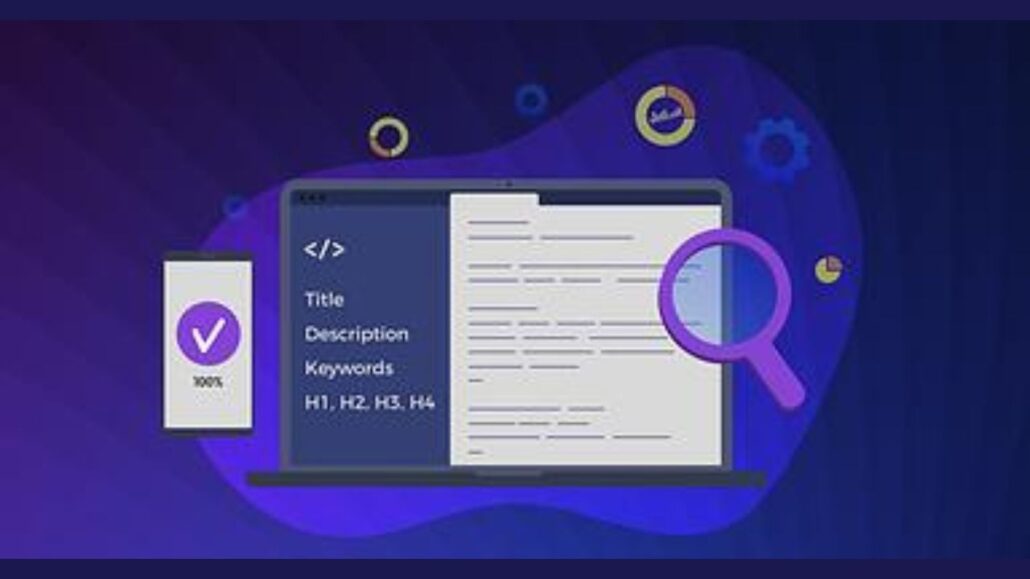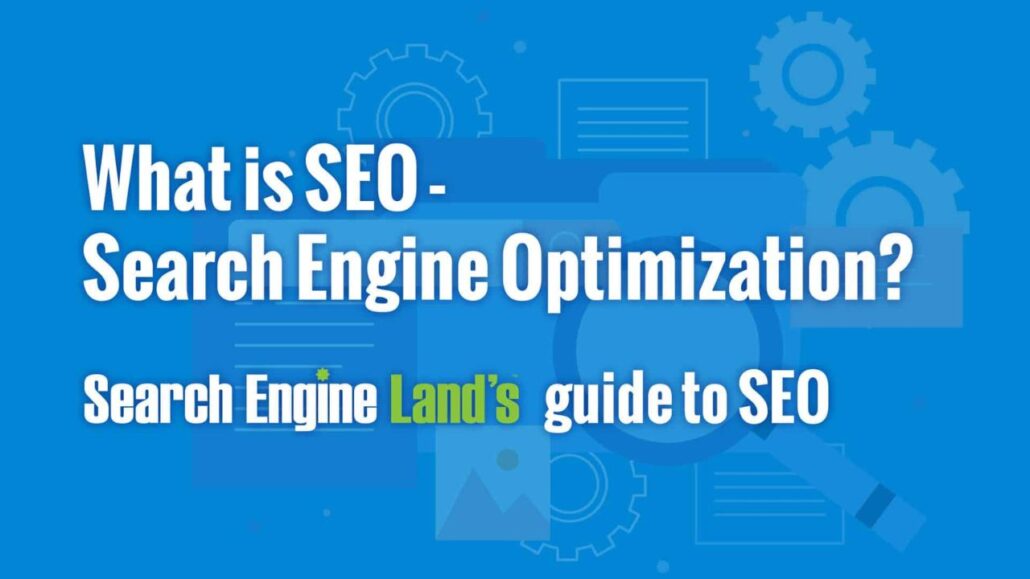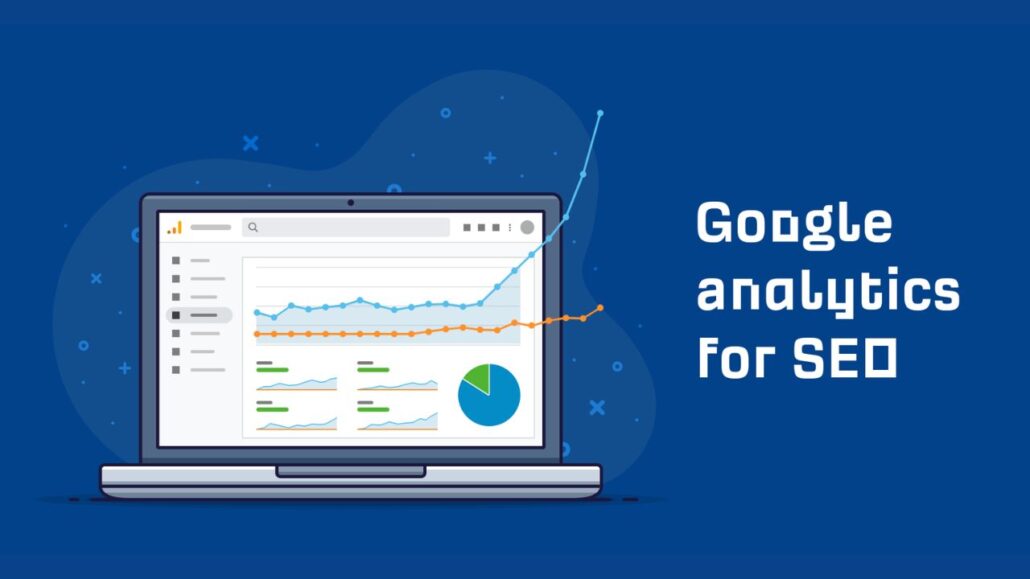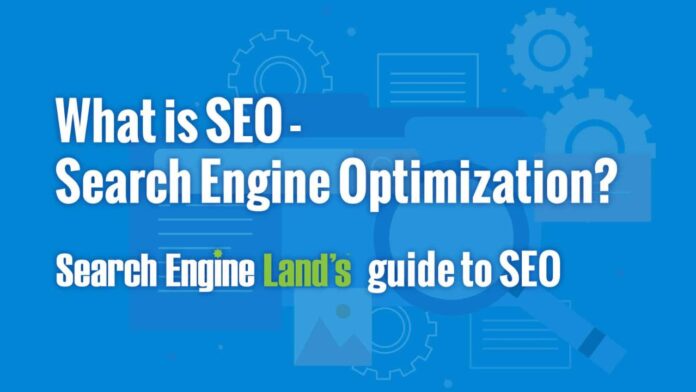In today’s digital landscape, the success of a website often hinges on its search engine visibility. Search Engine Optimization (SEO) drives a website’s ranking on search engine results pages (SERPs).
Within the vast realm of SEO, plays a pivotal role. In this article, we will delve into the significance of SEO and explore how to measure its impact effectively.
Impact On-Page SEO Changes
On-page SEO changes can significantly impact a website’s search engine rankings and visibility, influencing its overall online presence and traffic. Implementing effective on-page SEO strategies is crucial for digital success.
In the ever-evolving world of digital marketing, On-Page SEO remains a cornerstone of success. This article explores the impact of On-Page SEO changes and how to measure their effectiveness. We will also discuss essential tools for tracking these changes and offer insights on optimization strategies.
On-Page SEO
Before measuring the impact, let’s understand what On-Page SEO entails. It involves optimizing various elements on a webpage to improve its search engine ranking. These elements encompass everything from content quality to technical aspects like page speed and mobile-friendliness.
Why On-Page SEO Matters
On-page SEO matters because it directly influences how search engines perceive and rank your website. A well-optimized page attracts more organic traffic and enhances the overall user experience.
Key On-Page SEO Elements

To effectively measure the impact of On-Page SEO changes, it’s crucial to grasp the key elements involved.
Title Tags and Meta Descriptions
These elements serve as your website’s first impression in search results.
High-Quality Content
Content is king. It must be informative, engaging, and relevant to your audience.
Heading Tags
Using H1, H2, and H3 tags organizes content for users and search engines.
URL Structure
A clean and concise URL structure aids user navigation and search engine crawlers.
Image Optimization
Optimized images enhance load times and user experience.
Internal and External Links
Effective linking improves navigation and authority.
Mobile-Friendly Design
A responsive design ensures your site is accessible on all devices.
Page Loading Speed
Faster loading times lead to lower bounce rates and higher rankings.
User Experience
A seamless user experience encourages visitors to stay longer.
Measuring On-Page SEO Impact

Now, let’s explore how to measure the impact of your On-Page SEO efforts.
Analyzing Organic Traffic
An increase in organic traffic indicates improved SEO performance.
Monitoring Keyword Rankings
Higher rankings for target keywords are a clear sign of success.
Assessing Click-Through Rates
A higher CTR suggests that your title tags and meta descriptions are effective.
Tracking Conversion Rates
Improved conversions demonstrate that your content resonates with your audience.
Examining Bounce Rates
Lower bounce rates show that visitors find value in your content.
Analyzing Dwell Time
Longer dwell times indicate engaging content that holds visitors’ attention.
Evaluating Social Engagement
Increased social shares and likes reflect your content’s popularity.
Tools for On-Page SEO Measurement

To effectively measure On-Page SEO changes, you need the right tools.
Google Analytics
This powerful tool provides insights into website traffic and user behavior.
Google Search Console
It offers data on how your site appears in search results.
SEO Software Suites
Tools like Moz and SEMrush provide comprehensive SEO analysis.
Heatmaps and User Behavior Tools
These tools aid in your comprehension of user behavior on your website.
How do we measure the impact of site speed on SEO?
You must monitor and analyze a few important indicators, such as organic traffic, ranking, bounce rate, conversion rate, and revenue, to gauge the effect of site speed on SEO.
These indicators may be tracked and compared using programs like Google Analytics, Google Search Console, and SEMrush before and after you optimize the speed of your website. Additionally, you may compare many iterations of your web pages using A/B or split testing to evaluate how they affect your site’s performance in terms of speed and SEO.
You can quantify the advantages of boosting your site performance and support your investment by evaluating the impact of site speed on SEO.
Optimizing On-Page SEO
Consider these optimization strategies to maximize the impact of your On-Page SEO efforts.
Content Quality and Relevance
Create content that addresses your audience’s needs and interests.
Keyword Research and Optimization
Use relevant keywords strategically in your content.
Mobile Optimization
Ensure your site is responsive and mobile-friendly.
Site Speed and Performance
Optimize images and reduce server response times.
User-Friendly Navigation
Make it easy for visitors to find what they’re looking for.
Schema Markup
Implement schema markup to enhance search results.
Regular Content Updates
Fresh content keeps your audience engaged and coming back for more.
Common On-Page SEO Mistakes to Avoid
While optimizing, watch out for these common mistakes that can hinder your SEO progress.
Organic Traffic
Organic traffic, on the other hand, refers to visitors who visit a website through search engine results, such as Google or Bing, without paid advertising. Additionally, it is a key metric in SEO, signifying the quality and relevance of a website’s content, as well as its visibility in search engine rankings.
SERP Visibility
SERP (Search Engine Results Page) visibility measures how prominently a website appears in search engine results for specific keywords or queries. Furthermore, higher SERP visibility indicates that a website ranks well for relevant search terms.
Click-Through Rate (CTR)
CTR is the proportion of visitors who click on a particular link to those who view the entire website, email, or advertisement. Additionally, SEO is often used to assess the effectiveness of title tags and meta descriptions in attracting clicks from search engine results.
Website Authority Over Time
Website authority is a measure of a site’s credibility and trustworthiness in the eyes of search engines. Moreover, over time, a website can build authority through high-quality content, in addition to backlinks from reputable sources, and enhanced user engagement.
Backlinks
Backlinks are links from other websites to your site. Moreover, they are a crucial off-page SEO factor. Additionally, they can improve a website’s authority and search engine rankings if they come from authoritative and relevant sources.
Page Speed
Page speed refers to how quickly a web page loads in a user’s browser. Furthermore, it’s a critical factor in SEO, as faster-loading pages tend to rank higher in search results and provide a better user experience.
Engagement Time
Engagement time measures how long visitors stay on your website and interact with its content. Consequently, longer engagement times indicate that users find your content valuable; as a result, this can positively impact your SEO.
SEO Measurement Tools
Several tools are available for measuring and analyzing SEO performance, including Google Analytics, Google Search Console, Moz, SEMrush, Ahrefs, and more. These tools provide insights into various aspects of SEO, such as traffic, keywords, backlinks, and on-page optimization.
How to Track SEO Performance
To track SEO performance, firstly, regularly monitor metrics like organic traffic, keyword rankings, CTR, backlink growth, and engagement metrics using SEO tools and analytics platforms. Furthermore, compare these metrics over time to assess your website’s progress.
How to Measure SEO Success
SEO success can be measured by improvements in organic traffic, higher keyword rankings, increased CTR, better engagement metrics, and, ultimately, an increase in conversions or goals achieved on your website, such as sales or sign-ups.
Off-Page SEO Factors
Off-page SEO factors, such as backlinks, social media signals, and online reputation, along with other external factors that influence a website’s search engine rankings and authority, are crucial. Therefore, building a strong off-page SEO strategy is essential for long-term success.
How to Measure SEO in Google Analytics

To measure SEO performance in Google Analytics, use the “Acquisition” section to track organic traffic, keywords, and referral sources. You can also set up goals and e-commerce tracking to measure conversions and revenue generated from organic searches.
What Is SEO Performance
SEO performance refers to the effectiveness of your search engine optimization efforts in improving a website’s visibility, traffic, and overall online presence. It involves tracking and analyzing various metrics to gauge the success of your SEO strategy.
SEO Traffic Analysis
SEO Traffic Analysis involves scrutinizing website traffic data to gauge the effectiveness of search engine optimization efforts. By examining metrics such as organic traffic sources, user behavior, and conversion rates, businesses can refine their SEO strategies for higher online visibility and better user engagement.
SEO Keyword Effectiveness
SEO Keyword Effectiveness assesses how well-chosen keywords perform in search engine rankings. Additionally, through keyword research, meticulous analysis, and strategic optimization, businesses can accurately determine which keywords resonate with their target audience, ultimately driving organic traffic and enhancing their online presence.
SEO Page Rank Tracking
SEO Page Rank Tracking monitors a website’s ranking on search engine results. Additionally, it involves regularly checking the positions of specific web pages for chosen keywords. Consequently, this data helps businesses evaluate the impact of their SEO efforts and make informed decisions to improve their search engine rankings.
SEO Analytics and Reporting
SEO Analytics and Reporting involve collecting and interpreting data related to website performance in search engines. Additionally, these reports provide valuable insights into traffic patterns, keyword performance, and user behavior. Furthermore, by analyzing this data, businesses can refine their SEO strategies and achieve better online visibility and results.
Conclusion
Measuring the impact of On-Page SEO changes is essential for ensuring your website’s success in the competitive digital landscape. By understanding the key elements, using the right tools, and following optimization best practices, you can enhance your website’s visibility and drive more organic traffic.
FAQ
How Long Does it Take to See the Impact of On-Page SEO Changes?
The timeline for seeing results from On-Page SEO changes can vary, but you may start noticing organic traffic and rankings improvements within a few weeks to a few months.
Is On-Page SEO More Critical Than Off-Page SEO?
Both On-Page and Off-Page SEO are essential for a comprehensive SEO strategy. On-Page SEO ensures your website is optimized for search engines, while Off-Page SEO focuses on building external signals like backlinks.
Can I Measure On-Page SEO Impact Without Using Tools?
While tools like Google Analytics and Search Console make measurement easier, you can still manually assess impact by monitoring organic traffic, keyword rankings, and user engagement.
What are Some Common On-Page SEO Mistakes to Avoid?
Common mistakes, such as keyword stuffing, neglecting mobile optimization, using duplicate content, and ignoring user experience issues, can have a significant impact on your website’s performance.
How Frequently Should I Update My Website’s Content for Optimal SEO?
Regularly updating your content is beneficial for SEO. Aim for consistent updates, especially for blog posts and key landing pages, to keep your site fresh and relevant.
How is SEO Effectiveness Measured?
SEO effectiveness is measured using key performance indicators (KPIs) like organic traffic, keyword rankings, and conversion rates.
How do I Track SEO Changes?
Track SEO changes by monitoring website analytics, using SEO tools, and regularly reviewing keyword rankings and traffic data.
How do You Evaluate a Page’s SEO?
Evaluate a page’s SEO by assessing on-page optimization, content quality, backlinks, and user experience.
What Metrics Would You Use to Measure SEO Efficiency?
Metrics to measure SEO efficiency include ROI, click-through rates (CTR), bounce rates, and cost per acquisition (CPA).
What are The KPIs for SEO performance?
KPIs for SEO performance include organic traffic growth, conversion rates, keyword rankings, and backlink quality.
What are Important SEO Metrics?
Important SEO metrics include organic search traffic, page load speed, mobile-friendliness, domain authority, and click-through rates (CTR).



